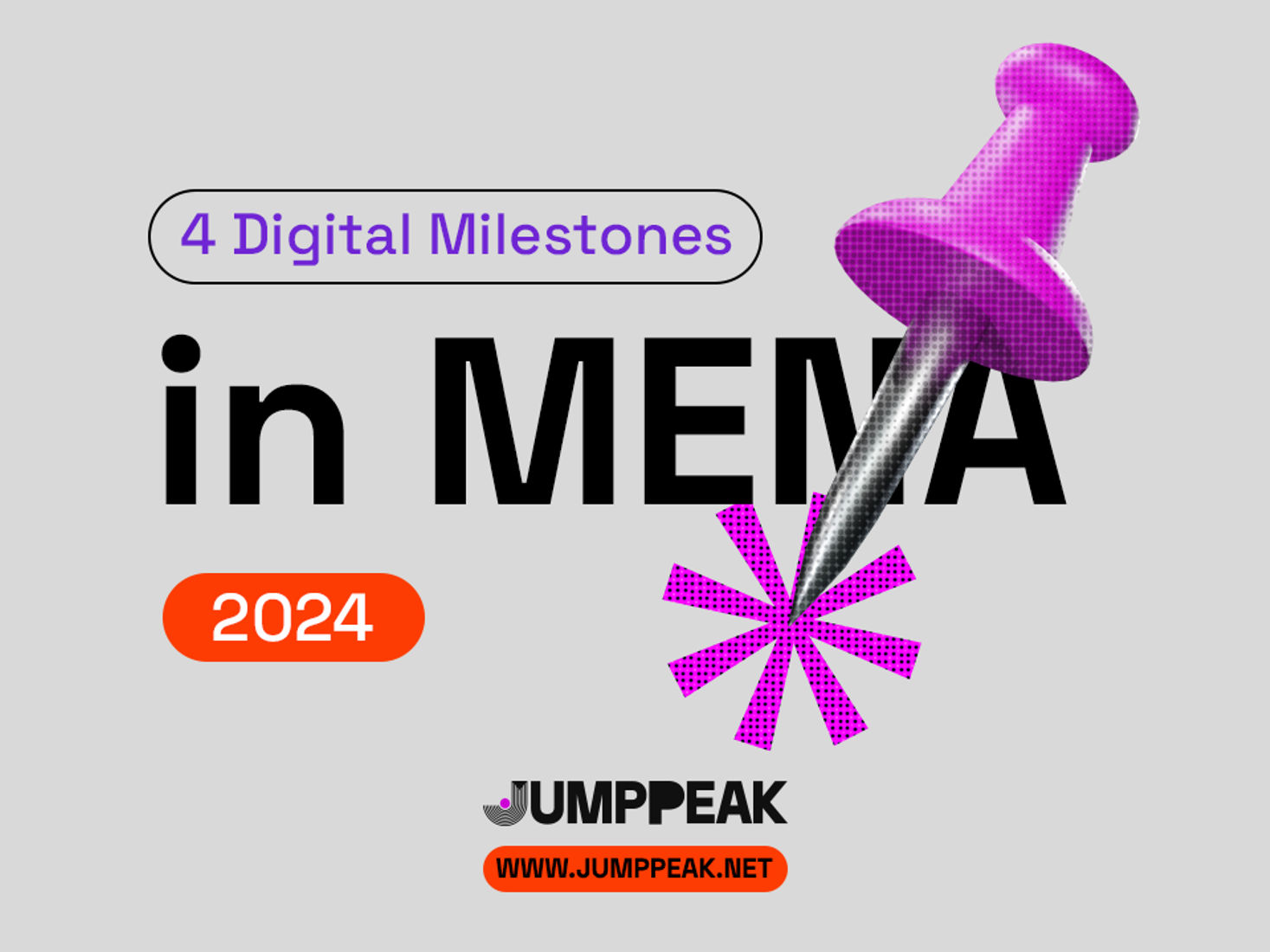The Ultimate Guide to Keyword Research: Techniques, Tools, and Strategies
Any visibility of a website depends crucially on its racing presence over the search engine…this visibility is primarily driven by effective keyword research, a foundational aspect of Search Engine Optimization (SEO). Understanding how to conduct keyword research, utilizing the right tools, and crafting a robust strategy can significantly enhance your online presence and drive traffic to your site. This article delves into various aspects of keyword research, offering insights and techniques to help you excel in this critical area.
In this article, we are going to shed the light on the following:
-
keyword research
-
free keyword research tool
-
keyword research and strategy with keyword planner
-
website keyword research
-
keyword research techniques
-
advanced keyword research
-
keyword research ecommerce
-
choosing keywords for research
-
sem keyword research
-
Keyword Research: The Backbone of SEO
As of 2023, internet penetration in the MENA region is approximately 70%, with some countries like the UAE and Qatar having over 90% penetration (Statista).
The Mobile devices account for over 60% of searches in the MENA region, emphasizing the need for mobile-optimized content (Google MENA Insights).
Also, a study by Think with Google revealed that 50% of MENA consumers use search engines to discover new brands and products, highlighting the importance of effective keyword research.
In countries like the UAE and Saudi Arabia, searches are predominantly in Arabic, but a significant portion of the population also searches in English, especially for specific products and services (Google Trends).
Keyword research involves identifying and analyzing the search terms that users enter into search engines. This process helps marketers understand the language their audience uses and the topics they're interested in, allowing them to tailor their content to meet those needs.
Effective keyword research can improve search engine rankings, attract targeted traffic, and increase conversions.
Importance of Keyword Research in the MENA Region
Keyword research is critical in the MENA region due to the linguistic diversity (Arabic, French, English, and other local languages) and cultural nuances. Effective keyword research can help businesses:
-
Understand Local Search Behavior: Different countries in the MENA region have varying search behaviors and preferences. Understanding these differences is crucial for targeted marketing.
-
Optimize for Local Languages: Arabic is the predominant language, but local dialects and the use of English and French also play a significant role in search queries.
-
Enhance SEO and SEM Strategies: Effective keyword research helps in optimizing content for search engines, leading to better visibility and higher rankings.
Case Study: Effective Keyword Research by E-commerce Platform in Saudi Arabia
Background
A leading e-commerce platform in Saudi Arabia aimed to increase its online visibility and drive more organic traffic to its website. The platform primarily targeted Arabic-speaking consumers but also wanted to capture the English-speaking expatriate population.
Strategy
-
Language-Specific Keyword Research: The platform conducted extensive keyword research in both Arabic and English, focusing on high-volume search terms relevant to their products.
-
Use of Local Dialects: Understanding the importance of local dialects, the platform included keywords in Saudi Arabic, which differs from standard Arabic.
-
Leveraging Free Keyword Research Tools: Tools like Google Keyword Planner, Ubersuggest, and Answer the Public were used to identify popular search queries and long-tail keywords.
-
Competitor Analysis: The platform analyzed keywords used by local competitors to identify gaps and opportunities.
-
Content Optimization: Based on the research, the platform optimized its product descriptions, blog posts, and meta tags with the identified keywords.
Results
-
Increased Organic Traffic: The platform saw a 40% increase in organic traffic within six months.
-
Higher Conversion Rates: There was a notable improvement in conversion rates, with targeted keywords driving more qualified traffic.
-
Enhanced User Engagement: Optimized content led to higher engagement rates, with users spending more time on the website.
Advanced Keyword Research Techniques for the MENA Region
-
Leveraging Local Insights: Use tools like Google Trends to understand search trends and interests specific to MENA countries. For example, during Ramadan, searches for terms related to fasting, iftar recipes, and religious content spike significantly.
-
Voice Search Optimization: With the growing use of voice assistants like Siri and Google Assistant, optimizing for voice search is crucial.
-
Semantic Search and LSI Keywords: Use Latent Semantic Indexing (LSI) keywords to provide context and relevance to your content. This helps in improving search engine understanding and ranking.
-
Predictive Analysis: Identify emerging trends and keywords using predictive tools and analytics.
Choosing Keywords for Research in the MENA Region
-
Cultural Relevance: Ensure that keywords are culturally relevant and resonate with the local audience. Avoid direct translations that might not convey the intended meaning.
-
Search Volume and Competition: Balance between high search volume keywords and those with lower competition to improve ranking chances.
-
Local Dialects and Variations: Consider local dialects and variations in keyword research. For instance, the word "shop" can be "متجر" in standard Arabic but might have different colloquial terms in various regions.
-
User Intent: Focus on understanding user intent behind search queries. Are users looking for information, making a purchase, or seeking services? Align your content accordingly.
-
Free Keyword Research Tool: Accessibility for All
One of the most significant barriers to entry in SEO is the cost of tools and resources. Fortunately, several free keyword research tools provide valuable insights without breaking the bank. Here are some notable options:
Google Keyword Planner is a versatile and powerful tool that provides keyword ideas, search volume data, and competition analysis. It's an excellent starting point for any keyword research and strategy development.
Developed by Neil Patel, Ubersuggest offers keyword suggestions, search volume, and competition data. It's a user-friendly tool that provides a wealth of information for free.
This tool visualizes search queries in a creative way, helping you understand the questions and topics your audience is interested in. It's particularly useful for generating content ideas.
Google Trends analyzes the popularity of search queries over time, offering insights into trending topics and seasonal variations in search behavior.
-
Keyword Research and Strategy with Keyword Planner
Google Keyword Planner is a cornerstone tool for many SEO professionals. Here's a step-by-step guide on how to leverage it for keyword research and strategy development:
Step 1: Access Google Keyword Planner
To access Google Keyword Planner, you'll need a Google Ads account. Once logged in, navigate to the "Tools & Settings" menu and select "Keyword Planner" under the "Planning" section.
Step 2: Discover New Keywords
Select "Discover new keywords" and enter words or phrases related to your business or industry. Google will provide a list of related keywords along with their search volumes and competition levels.
Step 3: Analyze Keyword Metrics
Examine the search volume, competition, and cost-per-click (CPC) data for each keyword. High search volume indicates popular keywords, while competition and CPC provide insights into the difficulty and potential cost of targeting those keywords.
Step 4: Refine Your List
Filter and refine your list by selecting keywords that align with your business goals and have a balance of search volume and competition. Consider long-tail keywords, which are longer and more specific phrases that often have lower competition and higher conversion rates.
Step 5: Develop Your Strategy
Create a content plan based on your refined keyword list. Incorporate these keywords into your website content, blog posts, meta tags, and other SEO elements. Regularly monitor your rankings and adjust your strategy as needed.
-
Website Keyword Research: A Holistic Approach
Website keyword research involves more than just finding popular search terms. It requires a comprehensive approach that considers user intent, competition, and the overall structure of your site. Here are some key techniques:
1. Understand User Intent
User intent can be informational (seeking information), navigational (looking for a specific site), or transactional (intending to make a purchase). Understanding user intent helps you choose keywords that align with your audience's needs.
2. Competitive Analysis
Tools like SEMrush and Ahrefs can provide insights into your competitors keyword strategies, helping you find gaps and opportunities.
3. Content Gap Analysis
Look for keywords they are ranking for that you are not, and create content to fill those gaps.
4. Site Structure Optimization
Ensure your site is structured logically, with clear categories and subcategories.
5. On-Page SEO
Optimize your on-page elements, including title tags, meta descriptions, headers, and image alt text, using your target keywords.
-
Keyword Research Techniques: From Basic to Advanced
Keyword research techniques range from basic to advanced, catering to different levels of expertise and needs. Here are some essential techniques to master:
Basic Techniques
1. Brainstorming
Start by brainstorming a list of keywords related to your business, products, or services. Think about the terms your audience might use when searching for what you offer.
2. Seed Keywords
Seed keywords are broad terms that describe your business. Use them to generate a list of related keywords using tools like Google Keyword Planner.
3. Long-Tail Keywords
Long-tail keywords can be a true leverage as they are less used by competitors and they can attract highly targeted traffic and have higher conversion rates.
Advanced Techniques
1. LSI Keywords
Latent Semantic Indexing (LSI) keywords are terms related to your primary keywords.
2. Competitor Analysis
Analyze your competitors' keywords using tools like SEMrush and Ahrefs. Identify the keywords they are ranking for and consider targeting similar terms.
3. Keyword Grouping
This technique helps improve your site's relevance and authority on specific topics.
4. Content Gap Analysis
Create content to fill the gaps existing in your competitive analysis and improve your search visibility.
-
Advanced Keyword Research: Taking It to the Next Level
Advanced keyword research involves using sophisticated techniques and tools to gain deeper insights and optimize your strategy. Here are some advanced methods:
1. Semantic Search Optimization
Semantic search emphasizes comprehending the intent and context behind search queries, rather than merely matching keywords. Utilize natural language processing (NLP) tools to identify related terms and enhance your content for semantic search optimization.
2. Voice Search Optimization
With the growing popularity of voice assistants like Siri and Alexa, optimizing for voice search is becoming crucial. Voice searches are typically longer and more conversational. Utilize tools like AnswerThePublic to discover questions and phrases that people might use in voice searches.
3. Predictive Analysis
Predictive analysis uses data and algorithms to forecast future trends. Use tools like Google Trends and predictive analytics software to identify emerging keywords and topics.
4. Keyword Intent Mapping
Map your keywords to different stages of the buyer's journey. Create content that addresses each stage, from awareness to consideration to decision, using the appropriate keywords.
5. AI-Powered Tools
Leverage AI-powered tools like BrightEdge and MarketMuse to analyze large datasets and gain deeper insights into keyword trends, user intent, and content performance.
-
Keyword Research for Ecommerce: Boosting Your Online Store
Keyword research is crucial for ecommerce websites to attract traffic and increase sales. Here are some strategies specifically for ecommerce:
1. Product-Specific Keywords
Focus on keywords that describe your products in detail. Include brand names, model numbers, and specific features.
2. Category Keywords
Optimize your category pages with relevant keywords. These pages often attract a significant amount of traffic and can rank well for broader terms.
3. Commercial Intent Keywords
Target keywords with commercial intent, such as "buy," "discount," "sale," and "best." These terms indicate that users are ready to make a purchase.
4. User-Generated Content
User-generated content often contains valuable keywords and can improve your rankings.
5. Seasonal Keywords
Optimize your store for seasonal keywords related to holidays, events, and trends. Update your content and promotions accordingly to capture seasonal traffic.
-
Choosing Keywords for Research: Best Practices
Selecting the right keywords is a critical step in keyword research. Here are some best practices to help you choose effective keywords:
1. Relevance
Ensure your keywords align with your content and the products or services you offer.
2. Search Volume
Consider the search volume of each keyword. High search volume indicates popular terms, but they may also have higher competition.
3. Competition
Evaluate the competition for each keyword. High competition keywords may be challenging to rank for, while low competition keywords can offer quicker wins.
4. Long-Tail Keywords
Incorporate long-tail keywords into your strategy.
5. User Intent
Understand the intent behind each keyword and incorporate the samet o your copies.
6. Keyword Difficulty
Use tools like Moz's Keyword Difficulty Tool to assess the difficulty of ranking for specific keywords. Focus on keywords with a balance of search volume and difficulty.
SEM Keyword Research: Integrating SEO and PPC
Search Engine Marketing (SEM) combines SEO and Pay-Per-Click (PPC) advertising to maximize visibility and traffic…. Here's how to integrate keyword research for SEO and PPC:
1. Shared Keyword Strategy
Use the same keyword research process for both SEO and PPC. Identify high-performing keywords that can drive organic and paid traffic.
2. Keyword Grouping
Group keywords into clusters based on their relevance and intent. Use these groups to create targeted ad campaigns and optimized content.
3. Bid on Long-Tail Keywords
Incorporate them into your PPC campaigns to improve ROI.
4. Monitor and Adjust
Regularly monitor the performance of your keywords in both SEO and PPC. Adjust your strategy based on data and insights to maximize results.
5. A/B Testing
Conduct A/B tests on your PPC ads to determine which keywords and ad copies perform best. Use the insights to refine your SEO and PPC strategies.
SEM Keyword Research in the MENA Region
Search Engine Marketing (SEM) is an effective strategy for reaching a broader audience in the MENA region….optimize your SEM keywords Research in the MENA region by doing the following steps:
-
Localized Ad Campaigns: Create ad campaigns tailored to specific countries and languages. Use localized keywords to improve relevance and CTR.
-
Quality Score Optimization: Focus on improving the quality score of your ads by using relevant keywords, high-quality landing pages, and effective ad copy.
-
Negative Keywords: Identify and exclude negative keywords to prevent your ads from appearing in irrelevant searches, thus saving ad spend.
-
A/B Testing: Continuously test and refine your ad campaigns using A/B testing to determine the most effective keywords and ad copy.
Conclusion
Keyword research is a multifaceted process that forms the backbone of successful SEO and SEM strategies. By leveraging free keyword research tools, developing comprehensive strategies with Google Keyword Planner, employing advanced techniques, and focusing on ecommerce-specific strategies, you can enhance your online visibility and drive targeted traffic to your site. Remember, effective keyword research is an ongoing process that requires continuous monitoring, analysis, and adjustment to stay ahead in the ever-evolving digital landscape.














